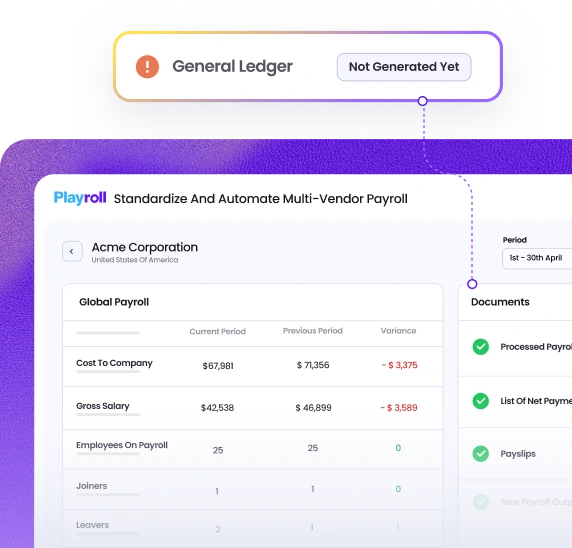What is a Good Salary in Iowa?
What is considered a 'good' salary can vary based on factors like location, lifestyle, and industry. A salary in the range of $50,000 to $70,000 is generally considered comfortable for a single person in Iowa. High-paying fields like Technology and Healthcare can offer salaries reaching up to $100,000 or more, while more common roles such as Warehouse Workers typically earn around $35,000 to $45,000.
Average Salary by Cities in Iowa
The cost of living can vary widely from one city to another, and that impacts both how far salaries stretch and what professionals expect in terms of pay. Cities with higher living costs – like those with hot housing markets or tech hubs – tend to have higher salary expectations.
Familiarizing yourself with the average salary ranges per location can help you plan better and make sure your compensation packages are in line with local expectations to attract and retain top talent. Here’s a quick look at salary ranges across different cities in Iowa, to get a sense of competitive salaries based on local factors:
| City | Monthly Salary | Annual Salary |
|---|
| Des Moines | $5,683 | $68,202 |
| Iowa City | $5,000 | $60,000 |
| Cedar Rapids | $4,833 | $58,000 |
| Davenport | $4,458 | $53,500 |
| Ames | $4,583 | $55,000 |
Salary Earnings Based on Experience Level in Iowa
Salaries naturally increase with experience – this applies to both new hires and existing team members. When planning for new positions, it's important to consider how salary ranges change at different seniority levels. This will help ensure you're meeting salary expectations, retain employees and create a fair working environment.
Here’s a breakdown of how monthly and annual salary ranges grow with experience in Iowa:
| Experience Level | Monthly Salary | Annual Salary |
|---|
| Entry-Level Jobs (0-2 years experience) | $3,333 - $3,750 | $40,000 - $45,000 |
| Mid-Level Jobs (3-5 years experience) | $4,167 - $5,000 | $50,000 - $60,000 |
| Senior Roles & Managers | $5,833 - $7,500 | $70,000 - $90,000 |
| Executive & C-Level | $10,000 - $16,667+ | $120,000 - $200,000+ |
Average Salaries by Job Title in Iowa
Building a competitive compensation package means knowing what the going rate is for specific roles. We’ve compiled the most recent salary data by job title for Iowa, making it easier for you to compare roles, match your offers with the market, and make sure your team is paid fairly.
| Job Title | Monthly Salary | Annual Salary |
|---|
| Administrative Assistant | $3,333 | $40,000 |
| Customer Service Representative | $3,167 | $38,000 |
| Software Developer | $6,250 | $75,000 |
| Marketing Specialist | $4,583 | $55,000 |
| Sales Representative | $4,583 | $55,000 |
Highest Paying Jobs in Iowa
- Surgeon: $300,000+
- Anesthesiologist: $270,000 - $350,000
- Psychiatrist: $230,000 - $300,000
- Orthodontist: $250,000 - $300,000
- Dentist: $200,000 - $250,000
- Pharmacist: $120,000 - $150,000
- Petroleum Engineer: $110,000 - $150,000
- IT Manager: $100,000 - $130,000
- Lawyer: $90,000 - $150,000
- Financial Manager: $95,000 - $130,000
Monthly Cost of Living in Iowa
In Iowa, the cost of living is well below the national average, making it an affordable place to live. Housing expenses are about 18% lower than the national average, offering affordable options for both renters and homeowners. Utility costs are also lower, running about 5% below the national average. Transportation expenses, including gas prices, are slightly below the national average, with costs around 2% lower, thanks to the state's relatively rural nature and lower congestion levels.

Median Home Price
$230,197

Energy Bill
$113.45
/ month
Compliant, In-State Payroll Processing in the U.S. with Playroll
We cut payroll processing time by 80%, ensure full compliance, and provide hands-on support for both employers and employees.
-

Local, state-accurate payroll execution
-

Consolidate payroll inputs and variance reporting
-

State-specific compliance, taxes, and filings built-in







.svg)
.svg)
.svg)








.svg)



.png)
.webp)
.webp)








.svg)